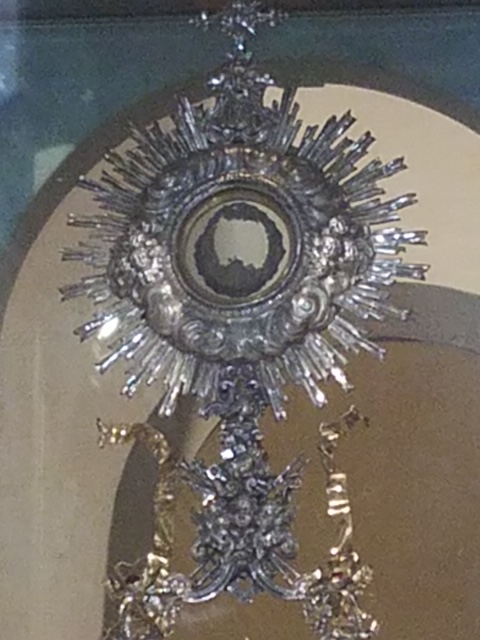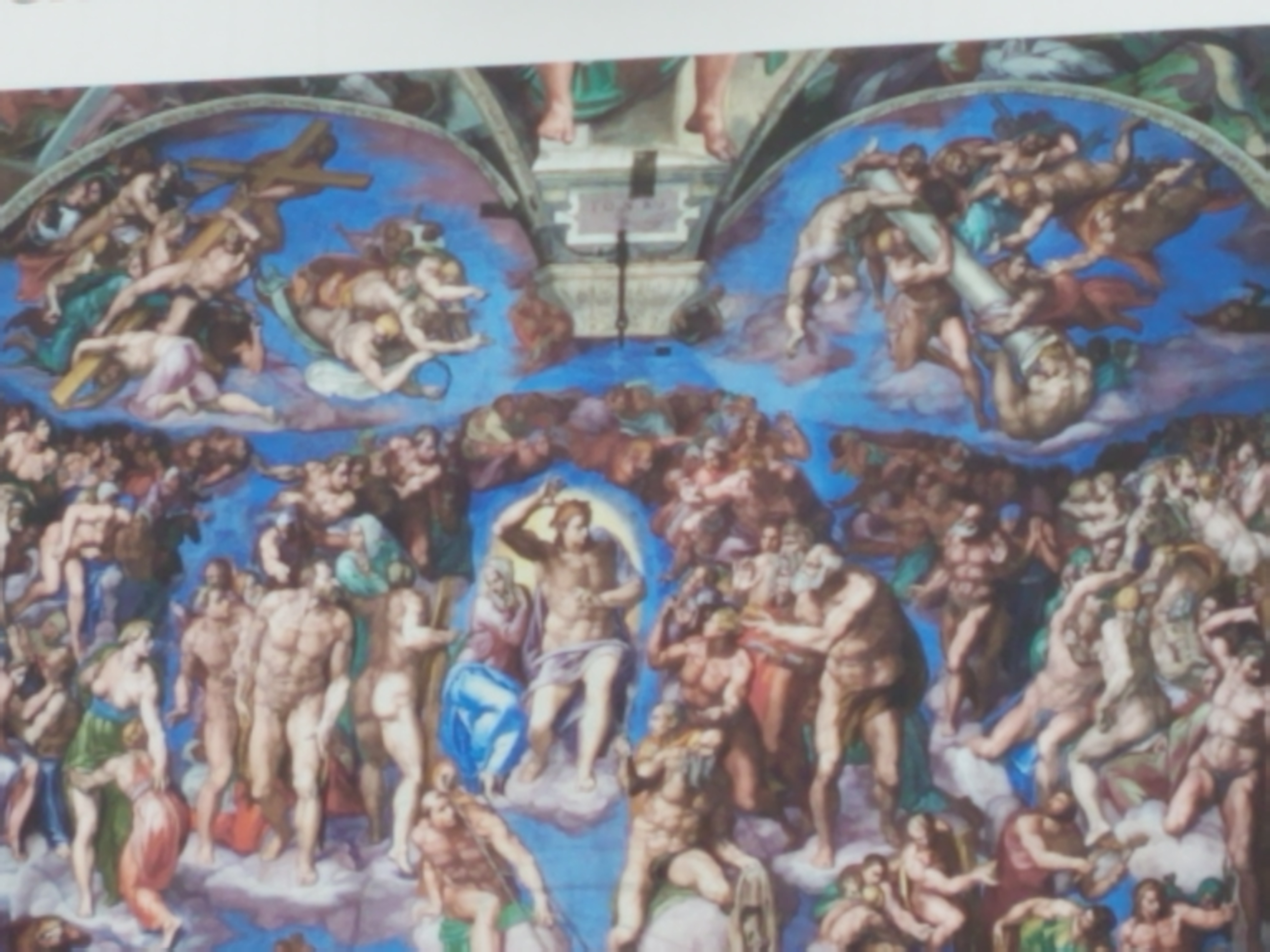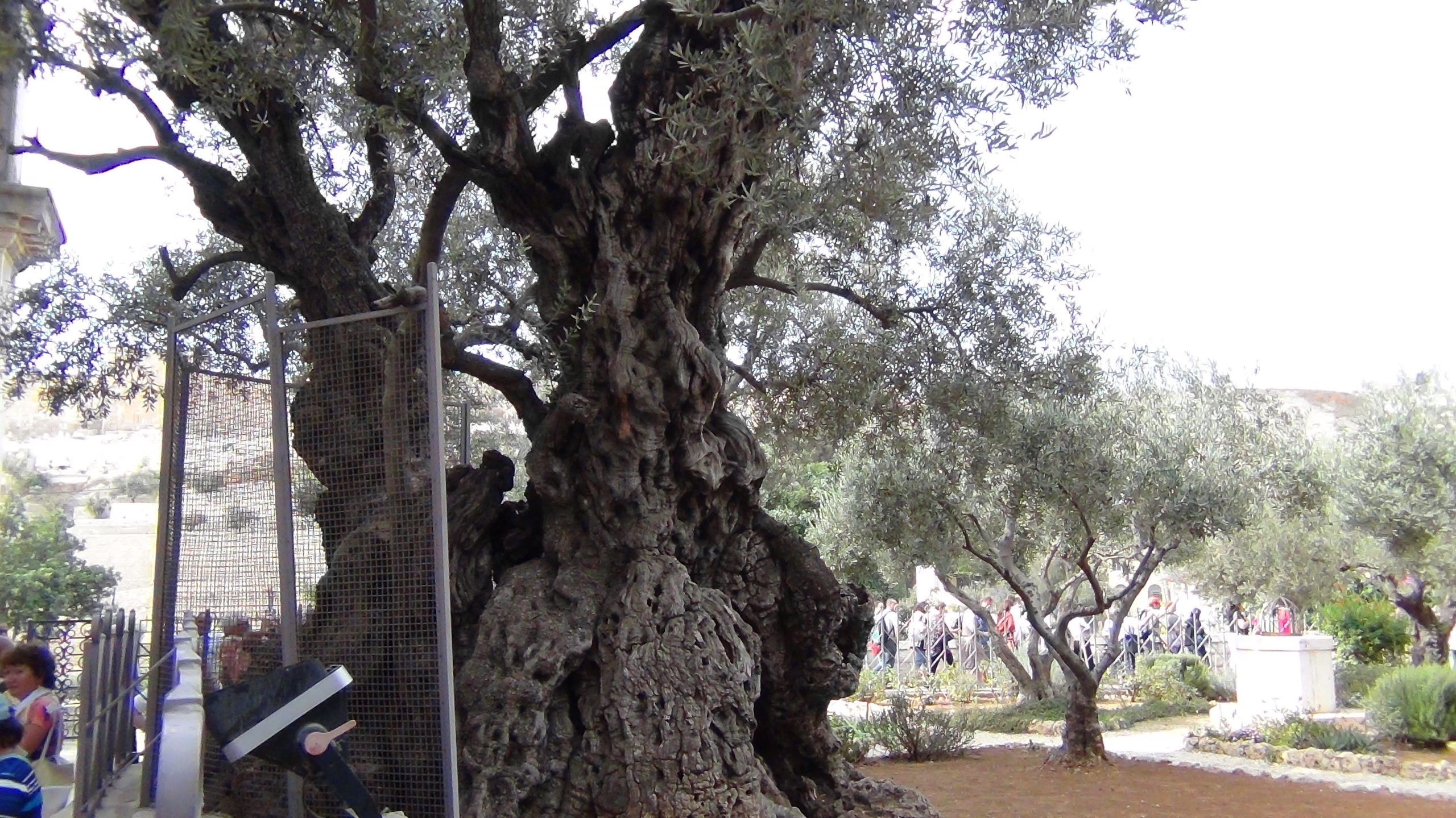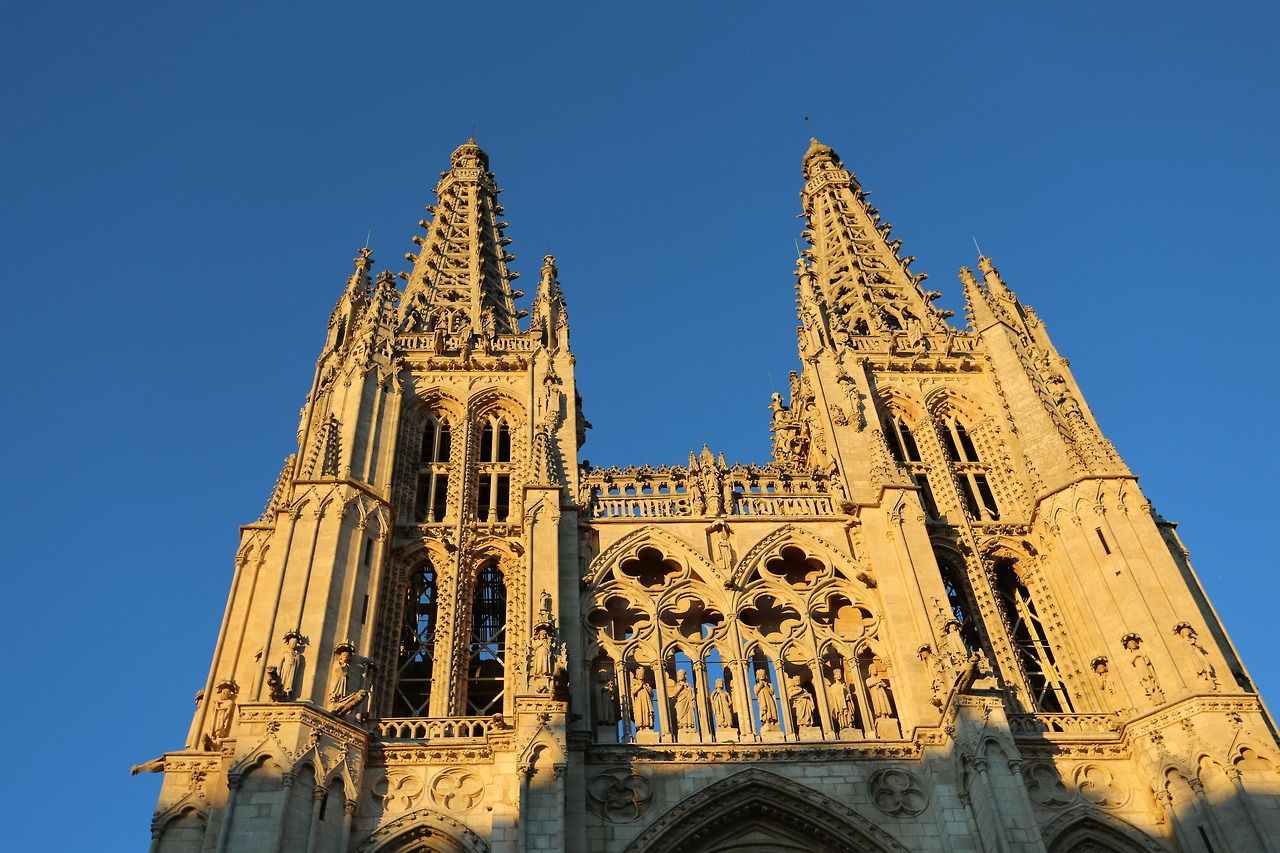Deut. 6:2-6; Ps. 18:2-4, 47, 51; Heb. 7:23-28; Mk. 12:28b-34
You shall love! “You shall love with all your heart, and with all your soul, and with all your strength” the Lord our God. How does God recognize true love? When we keep his word, live by his commandments, and love our neighbor as ourself. His word is love.
You shall love the Lord our God. Our love for the Lord is through the love of his son, Jesus Christ “who has been made perfect forever”, “when he offered himself” for our sins. Love of God is love of the Trinity, Father, Son, and Holy Spirit. Love of God is not to love an idea or an ideology but the love of a person. You shall love the person of God who we encounter and grow with in a relationship of mutual love.
You shall love with all your heart is the love of his passion, the love of the cross seen in the giving of ourselves taking our own cross and uniting it to him for his sacrifice for us. A love from the heart is a merciful love that recognizes this is the day our love can save us. The love of the heart groans for the one we love in its agony to be with our loved one. Imagine where does a beautiful voice that can sing come from? It does not come from the throat but from deep inside the lungs that groan to give out the sound of love in word and harmony with the one we love.
You shall love with all your soul is the love of understanding to see the hand of God in our lives. People hear not what you said but what they understand you said, the perceived intent from how you express your understanding of them. If we don’t express our understanding of others then they never hear what we say. Will God hear us if we have no understanding of him or will he say I never heard your heart speak?
You shall love with all your strength is the love coming from the will to love in our weakness, in good times and in bad. It is great to hear “I love you”, to make the sign of the heart with your hands, or sign language the letters of “I”, “L”, and “Y” with one hand but is our love strong enough to endure in our weakness when we are criticized, held accountable, offended or treated unfairly? This is where we dig deep in search of humility to remain faithful to our love of other.
You shall love your neighbor as yourself is to see God in every child, adult, and stranger. King David in one occasion came into a town and was being cursed by Shimeia of the house of Saul. His soldier said to the King, “why should this dead dog curse my lord the King? Let me go over and take off his head.” But the King replied, “What business is it of mine or yours…that he curses? Suppose the Lord has told him to curse David”. (2 Sam. 16:5-14) If we were in King David’s position, would we take the position of the soldier or of King David and accept the cursing? Would it even occur to us that God could be calling us out for something or someone we have wronged?
In today’s “cancel culture” we would be justified to cancel them as the current culture dictates. If the criticism came from a subordinate employee, would we take it into consideration or respond “Your fired” and justify ourselves? Our pride does not take criticism well and we often react with “who do you think you are?” This is where our love is put to the test not only for who we see but for the God we don’t see calling us out to become what we were created to be in his love which is to manifest his love. This takes even more courage to remain humble in the midst of the offense we are faced with.
If every person is made in the image of God, then why is there so much evil in this world?
Evil is from the evil one who enters the heart and soul with temptation to sin and weaken the will to commit the wrong we desire not rather than the good we were created for. What are we to do when we are faced with evil? We are to pray always for the will of God in the midst of the darkness to send us the comforter and give us the courage not only to persevere but to pray God’s will be done. God’s will be done for the soul of the one who allowed the evil to take possession of them. God’s will be done for the good of salvation.
When our Blessed Mother was at the foot of the cross in the midst of the evil she was witnessing the agony and death of a son. It would have been expected for a mother’s love to call out to God the Father to “save him” from this hour. Where would salvation be if God had heard and answered that prayer. That is not the prayer of faith or of perfect love. Perfect love and faith is to prayer for the will of the Father. We are reminded in Romans 8:26 “the Spirit too comes to the aid of our weakness; for we do not know how to pray as we ought”. Too often we pray that our will be done. We pray for the miracle we want not for the miracle God is seeking in our lives. This type of prayer I heard a priest on Relevant radio, a Catholic station describe it as the “pagan prayer”.
He called it the “pagan prayer” because we want to have our will be the answer and not God’s will. We pray, “God save me from this hour”, “God heal my loved one from this sickness”, “God take this cross away”. In other words, “God do as I want and not as you desire.” Yet Romans 8:27 tells us “And the one who searches hearts knows what is the intention of the Spirit, because it intercedes for the holy ones according to God’s will”, not according to our will.
Then what is the purpose of intercessory prayer if we are to pray for the sick and suffering or even for our hopes and dreams? Intercessory prayer is to unite our will to God’s will and “the Spirit itself intercedes with inexpressible groanings”. God wills in some cases to give someone a near death experience, sometimes already clinically dead and bring them back to serve his will. In other times, God wills that the soul pass from this life into eternity even when that soul is but a child for their mission is in heaven and not earth. God wills our salvation and the Spirit will intercede to bring our prayer in line with our salvation and that of others. God wills that we desire his will for he cannot save us without us. This is the fulfillment of love to love our neighbor as ourselves that all may be saved.
This Sunday we begin what can be considered the “Tridium of the dead”. We can look to Halloween as the beginning of the celebration of the death to death. Oh, death where is your sting? “Hallow” mean “to honor as holy” and so it is the eve of All Saints Day, the holy souls in heaven. Jesus came to bring an end to death that all may rise again and live. November 1st then is the rise of all saints already having obtained the glory of God in heaven putting to death their own death by their love, faith and works of their lives. You shall love your neighbors the saints in heaven united to us in the one body of Jesus Christ. Pray for their intercession for us to assist us in loving our God with all our hearts, souls and strength for by the grace of God they’re there.
The last who are awaiting to put to death all suffering are the souls in purgatory who we are to pray for and visit their graves on November 2nd, All Souls Day. This week was the showing of the movie “Purgatory” at the Cinema. It is based on the Church teachings on purgatory created in a documentary style. It includes stories of people who have been given visions of purgatory and apparitions of souls in purgatory seeking prayer. The mercy of God’s love was to allow for justice for sinners to enter heaven by their cleansing in purgatory. The souls in purgatory are cleansing their baptismal robes from the stain of sin assured of heaven but not yet there. You shall love your neighbors the souls in purgatory as yourself who we may one day be joining them on our way to heaven.
Often as Catholics we misinterpret the forgiveness of sins in confession as the “get out jail pass” straight to heaven. What the movie highlighted for me was the message that heaven is for the souls made perfect and we should get on about the business of our perfection in this life in order shorten our time in purgatory. There is much we can do for atonement of our sins and for the souls in purgatory from minor mortifications to offering our suffering up but what the souls in purgatory seek most is prayer and the greatest prayer to offer is the Mass.
Let us pray that when our time comes to put an end to our death and pass into eternity we shall be loved and remembered by the prayers of the Church and those we can call “friends” as Jesus calls us “friends”.











Recent Comments